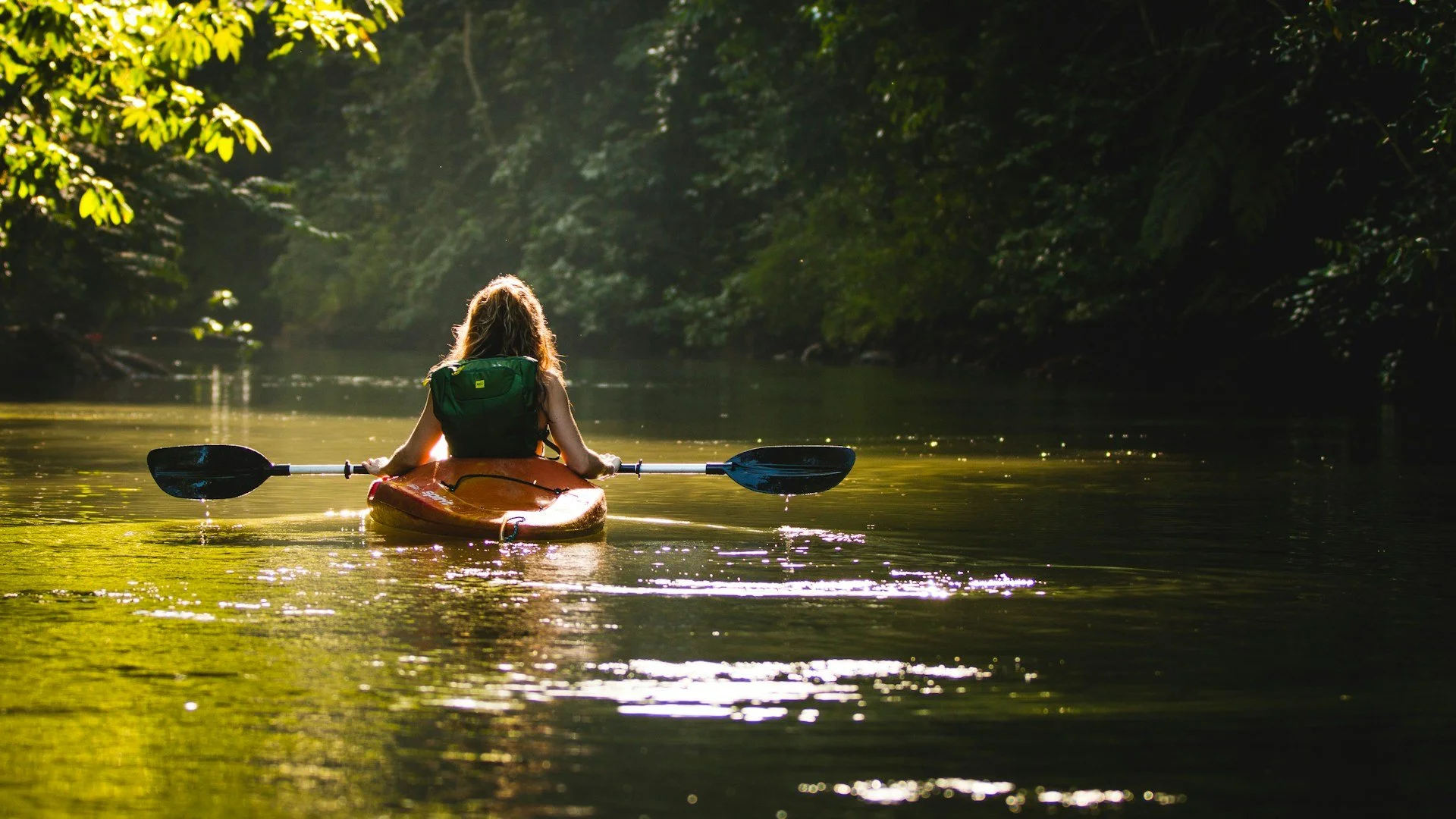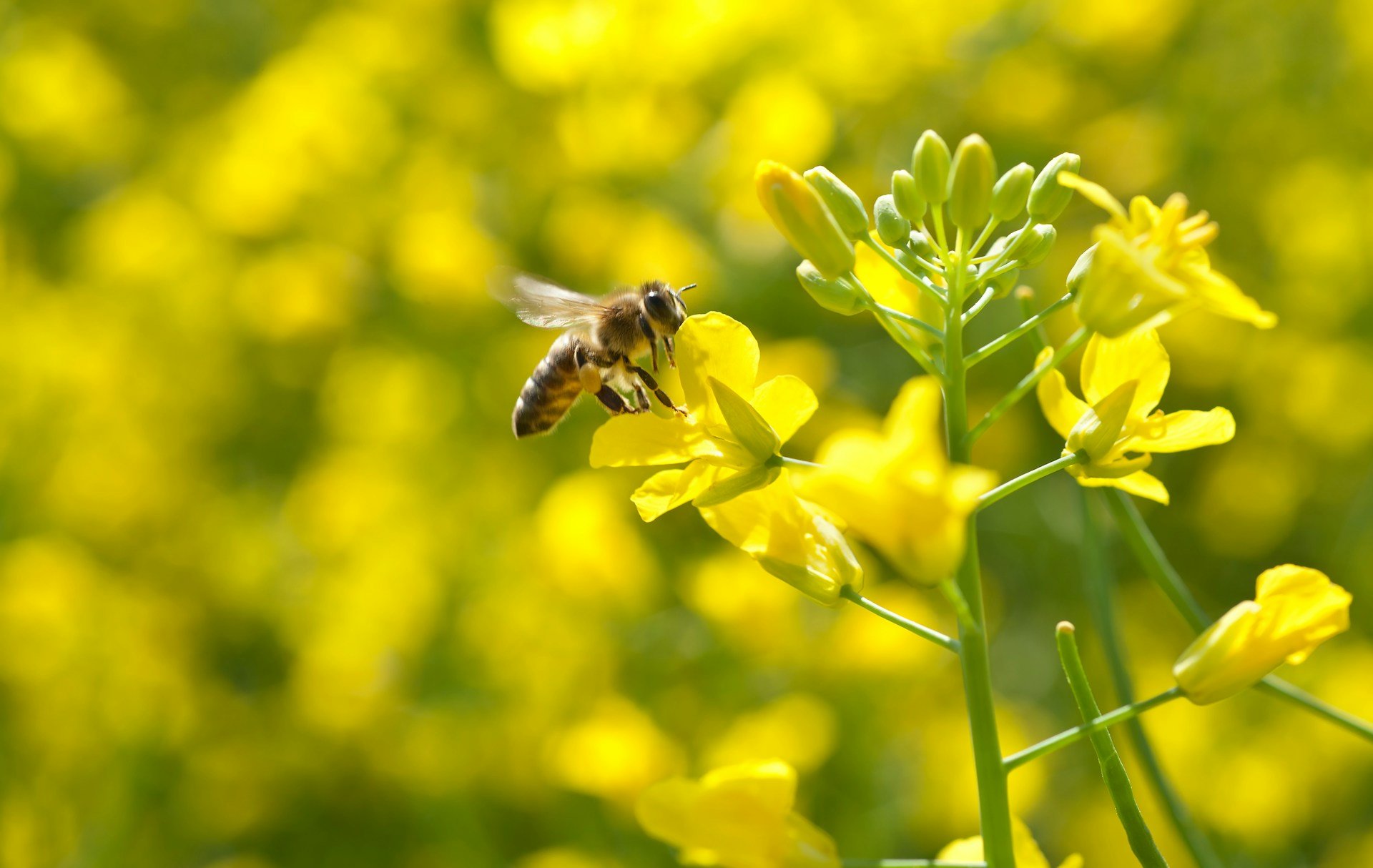Robert Gardner is CEO and Co-Founder of Rebalance Earth. With over 20 years of experience in the financial industry, he has a unique expertise in sustainability, pensions, and wealth management and believes that money can be a force for good.
Rebalance Earth, is a fund manager that redirects the flow of private capital to protect and restore Nature. Their mission is to drive the transition to a nature-based economy by enabling the flow of private capital to protect and restore nature. Rebalance Earth achieves this by creating opportunities for investors to achieve sustainable financial returns from projects to restore Nature.
Robert is passionate about the idea of “natural capital”. He believes that investment in the environment shouldn’t simply be about climate change but should take a broader approach. He sees a future in which biophilia is prominent and discussion of environment-conscious investment should include reduced biodiversity loss, rewilding, and all aspects of being in tune with nature.
Robert sees nature as the most valuable asset class on the planet. It provides everything from clean air to carbon capture and biodiversity; not forgetting that a balanced ecosystem is essential to create pollination and soil fertility for our food.
The investment community currently operates an extractive financial model that has been using all of nature's resources for free, not valuing them and, worse than that, destroying them. Rebalance Earth is taking steps to build and propagate a more sustainable, biophilic approach.
In this podcast, Robert talks about how he studied Geography at university and how his passions are hydrography and glaciology. He notes with sadness that a glacier he worked on as part of the Alpine Glacier Project during his studies is now gone. He sees glaciers as the canary in the coalmine of climate change and nature loss but sees the good news as being that this can be turned around with money used as a force for good.
Robert explains how his background, growing up in Holland and travelling all over the world with his parents led to his interest in geography and how is career in finance and 25 years of learning how money flows around the world has led him to establishing Rebalance Earth. He says that there is no point having a great pension if we have no coral reefs, rivers are filthy, there are no fish, and the air is polluted. There’s nothing to enjoy!
He sets out his idea that nature should be valued. He explains that assets have utility, scarcity and cashflow in order to be valued. He gives us the example of the humble bee and how it has been estimated that it would cost £1.8bn to pollinate crops if the bee were to disappear. Using this and other examples Robert observes that the concept of valuing nature is currently an intangible and how by making the intangible tangible, people will value nature and therefore will look after it. Because people look after things they value.
The five key problems that Robert sees in the UK are: Flooding, Drought, Water Quality, Biodiversity and Carbon. He goes on to detail how each of these problems represent significant opportunities for companies to make a return. The essence is the idea that companies can charge customers for reducing the customers’ risks across these areas.
He is excited by his dream that pension funds allocate 2% of their capital to invest in nature (enough to bridge the nature deficit), companies start paying for services to reduce risks from the five problem areas and the UK becomes a place worth living in.
It would be amazing if we all look at the successful ideas around the world, which Robert shares with us in the podcast, and see how they work, so we really see the value of investing in Nature. For instance, nature-based towns and cities, a countryside with nature back in it and a farming system that has nature at the heart of it. Once people see that it works they will do more.
Rebalance Earth: https://www.rebalance.earth/
White Paper: https://www.rebalance.earth/s/Rebalance-Earth-The-Nature-Opportunity.pdf
Have you got a copy of the Journal? You can purchase a copy directly from us at the journalofbiophilicdesign.com or Amazon. If you like our podcast and would like to support us in some way, you can buy us a coffee if you’d like to, thank you x
Credits: with thanks to George Harvey Audio Production for the calming biophilic soundscape that backs all our podcasts.
Did you know our podcast is also on Audible, Amazon Music, Spotify, iTunes, YouTube, Stitcher, vurbl, podbay, podtail, and most if not all the RSS feeds?
Facebook https://www.facebook.com/journalofbiophilicdesign/
Twitter https://twitter.com/JofBiophilicDsn
LinkedIn. https://www.linkedin.com/company/journalofbiophilicdesign/
Instagram https://www.instagram.com/journalofbiophilicdesign


